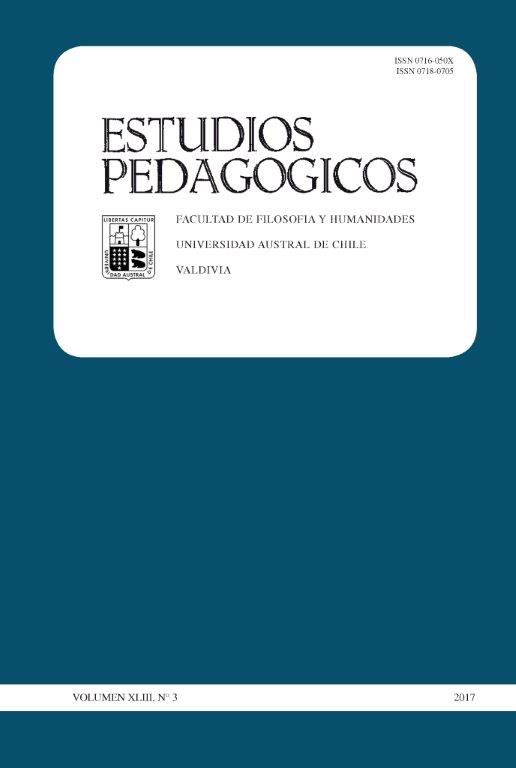Pedagogical affordance of cinema in the teaching of epistemological reflection
Main Article Content
Abstract
The study reveals the pedagogical affordance of cinema in the learning of epistemological reflection. The discursive data were analyzed by using the non-supervised clustering method bisecting k-means, which interpretation proceeded to the location of the phrases on their significant contexts. It is concluded that the pedagogical use of the cinema allows: 1) a better understanding of epistemological and methodological concepts; 2) involving the learner with the self-correction of doubts from his/her everyday perception, 3) boosting the construction of significant conceptualizations; 4) personalizing abstractions underlying epistemological thinking; 5) promoting the construction of linguistic devices that serve as arguments in decisions related to the development of research.

